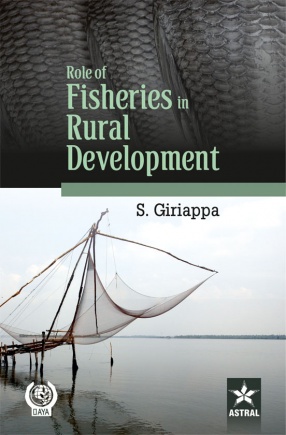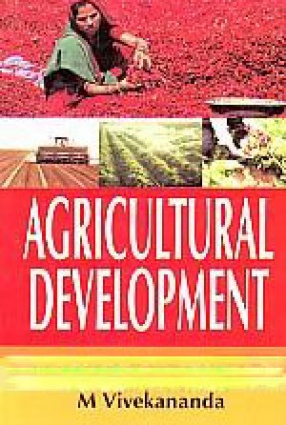The concept of rural development has been subject to many theoretical and strategic approaches. Of these, horizontal and vertical approaches have much relevance to countries like India. Horizontal intervention for programme management in different sectors and vertical and integrated system approach in every sphere of economic, social, cultural, ecological and political toward a holistic and substantial path of development have been tried in various contexts and with participative endogenity. This study mostly based on the concurrent evaluative studies on IRDP and JRY for the Ministry of Rural Areas and Employment, New Delhi along with a study on land ceilings and their impact on rural areas sponsored by the same ministry attempts to capture the process of rural development as obtainable in the state of analyses the nuances of the government sponsored schemes in various districts by considering the individual and institutional performances with an eye on the impact an influence of the programmes on rural poor. In keeping with the tradition of overselling of appropriate technology the study tries to prove the pitfalls in implementation and structural weaknesses in the system that inhibit the growth of the development initiatives. Further, the approaches are evaluated with reference to the specific regional backlog and present an overview of the process which at once requires both adaptation and simulation simultaneously.

Evaluation of Rural Development Programmes
In stock
Free & Quick Delivery Worldwide
reviews
Bibliographic information
Title
Evaluation of Rural Development Programmes
Author
Edition
1st ed.
Publisher
ISBN
8174450629
Length
x+229p., Tables.
Subjects





There are no reviews yet.